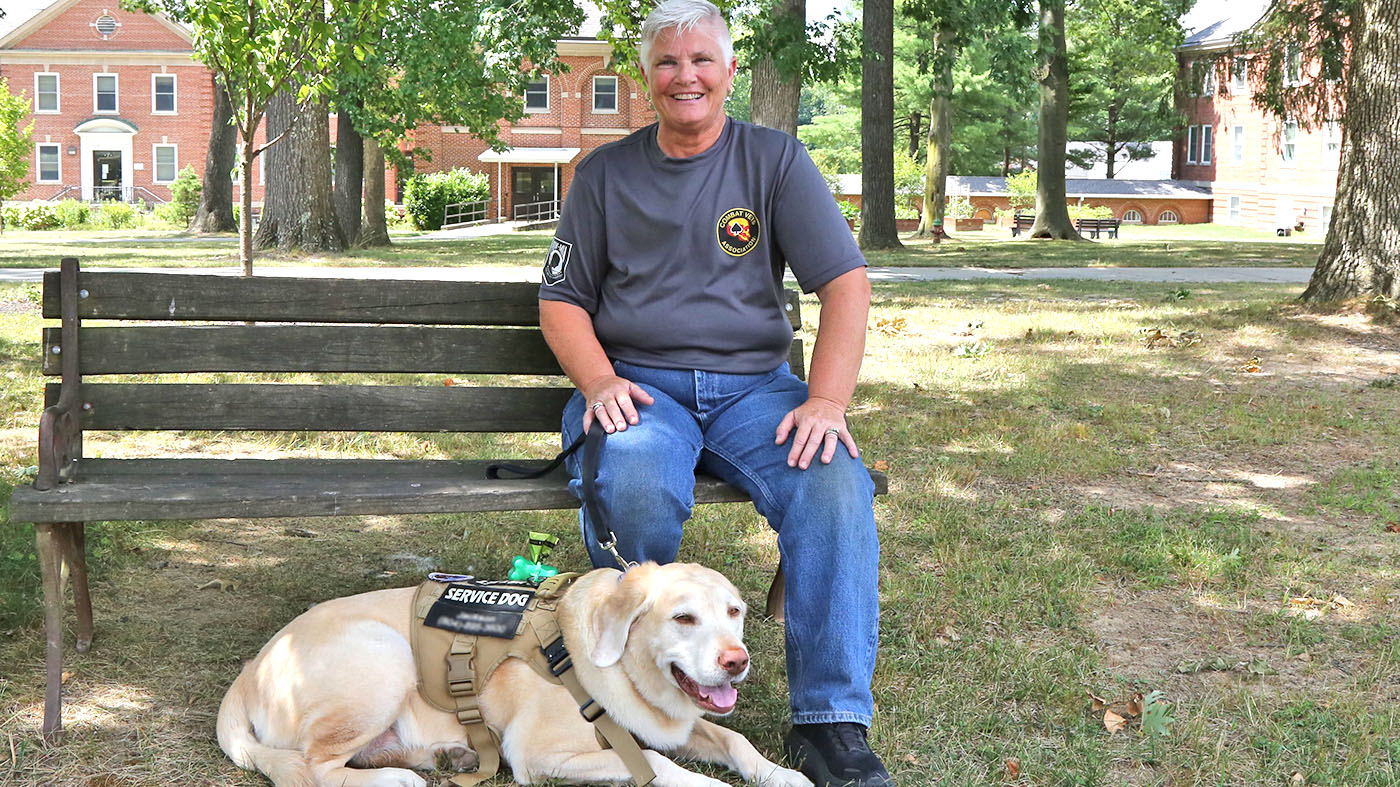Deciding whether to breastfeed or chestfeed is a very personal decision that many parents make during their lives. There are many health benefits associated with lactation and provision of human milk to infants.
Seventy-nine percent of female Veterans nurse their infants until at least four weeks postpartum. It is recommended to breastfeed/chestfeed for at least the first year of a child’s life. Sometimes it’s not feasible for a Veteran to choose lactation for that length of time or even at all. That is okay.
Regardless of whether you nurse your infant for a year or not at all, VA is here to support you during your parental journey. There are a variety of services and resources to help you to be successful no matter what route you choose.
Lactation services
Lactation services are expanding as the Veteran population grows and facilities adding more sex-specific health services for female Veterans.
Many VA facilities are starting to offer lactation services and programs, and Veterans may also be reimbursed for lactation services via VA’s Community Care program.
It is important to have a conversation with your VA maternity care coordinator or with the lactation professional at your facility if one is available. Take full advantage of VA’s benefits.
Be sure to ask about any lactation services that are available, which may include:
- Breastfeeding/chestfeeding classes
- Lactation counseling
- Support groups
Lactation resources
In addition to lactation services, VA provides Veteran parents with resources that help assist them with breastfeeding. These resources may include:
- Breast pumps/chest pumps
- Nursing bras
- Pumping bras
- Breast pads
- Nipple cream
- Nipple shields
- Milk storage bags
- Postpartum support belts
VA connects Veteran parents who are unable to breastfeed/chestfeed with community resources. These resources may include referrals to WIC, milk banks and more.
VA supports all Veteran parents
VA serves ALL who served. Our mission is to be inclusive of all Veteran parents and all methods of feeding.
Services and resources are available to Veteran parents who adopt, have a child through a surrogate, are same-sex couples or are transgender.
Please let your provider know your preferred pronouns and if you would like your feeding experience to be referred to by a term other than breastfeeding, such as human milk feeding or chestfeeding.
Additional resources
In addition to having a conversation about the services and resources available to you, there are multiple online resources that can help you when feeding your baby:
- Women’s Health highlights the benefits of breastfeeding/chestfeeding for both moms and babies, discusses the challenges that can come up while breastfeeding/chestfeeding, and has links for additional resources.
- VA’s Whole Health Library provides a detailed list of breastfeeding tips and resources.
- Department of Health & Human Services: Office on Women’s Health touches on the benefits of breastfeeding/chestfeeding and provides a list of federal resources.
One in seven mothers has depression after giving birth, so this is an especially important time to get additional support. There is a team of national experts who can address questions about lactation and reproductive mental health.
VA established the Reproductive Mental Health Consultation Program to foster coordination among mental health services and reproductive health providers and ensure Veterans are receiving the highest-quality care.
The Women Veterans Call Center is also a helpful resource that can direct you to many VA health programs to address your particular health needs.
Call 855-829-6626 for information about lactation services, VA programs and resources, VA benefits or to connect with a maternity care coordinator. One is located at every VA medical center.
Topics in this story
More Stories
Combat Veteran faces the traumatic events of her PTSD during prolonged exposure therapy and looks forward to the days to come.
Bob Jesse Award celebrates the achievements of a VA employee and a team or department that exemplifies innovative practices within VA.
The Medical Foster Home program offers Veterans an alternative to nursing homes.






